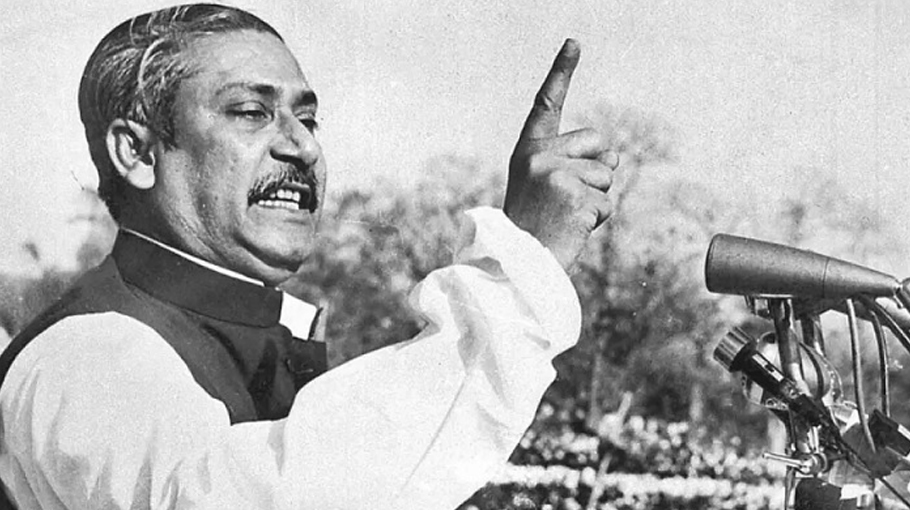Bangabandhu conferred ‘SAARC Literature Award’ for his trilogy

Prestigious Delhi-based literary platform the Foundation of SAARC Writers and Literature has conferred SAARC Literature Award 2023 on Bangabandhu Sheikh Mujibur Rahman for his trilogy- The Unfinished Memoirs, The Prison Diaries and New China 1952 - at its flagship 63rd Literature Festival.
The 3-day long festival is being held from 26-28 March in New Delhi with more than hundred leading researchers, writers, artistes, litterateurs, academia from South and South East Asia, the Bangladesh High Commission in Delhi said.
In its inauguration session of the high-profile conference, the Foundation’s President, Sahitya Academy awarded novelist and Padmashree Awardee, Ajeet Cour has handed over the award to the eminent cultural personality Ramendu Majumdar and noted researcher and writer Mofidul Hoque.
The Press Minister and Counsellor (Political) of the Bangladesh High Commission in New Delhi were present at the event.
In the citation of the ward, it was mentioned that Sheikh Mujibur Rahman, architect of independent Bangladesh, known to his people ‘Bangabandhu’ is a towering figure of national liberation of oppressed people of the world.
Like Father of the Nation of India Mahatma Gandhi and American civil rights leader Martin Luther King, Bangabandhu was brutally murdered by the forces of darkness, but no power on earth could erase him from history.
A new dimension of his life opened up when his long-lost prison diary and notebook came to light and subsequently published.
The FOSWAL mentioned that the Trilogy has great merit as a political document and a human testament written with love and compassion, by a man who changed the course of history and led his people to freedom.
In his speech, founder President of FOSWAL Ajeet Cour mentioned that today Independence Day is being celebrated across Bangladesh and this is a great honour for FOSWAL to honour their Father of the Nation Bangabandhu Sheikh Mujibur Rahman, who brought Independence to Bangladesh, and made his people walk from darkness to light.
She added that the War of Liberation of Bangladesh was different and unique, because it was for preservation of the ‘Vibrant Spirit of Man’ which thrives only in its own culture and in its own language.




